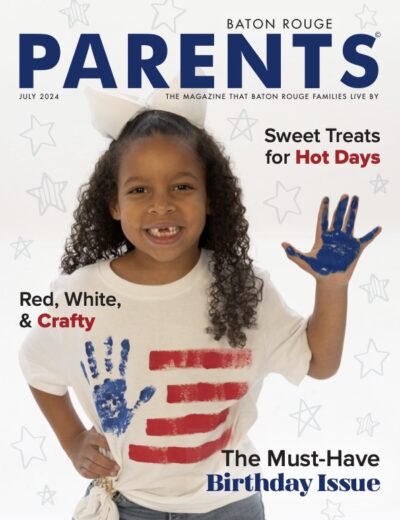
Focusing on Your Circle of Control
As a counselor, I treat a lot of anxiety. As a human, I’ve had a lot of anxiety. I believe worrying just comes as part of the human condition. If someone claims they never worry, I’m thinking they either have an impressive supply of medication, or no self-awareness. Anxiety is the most commonly diagnosed mental health condition in the world. There’s plenty to worry about; with the last six months raising the bar on most people’s anxieties. With effort, though, worry doesn’t have to be crippling. Having worked hard to lower my own, through leaning into my faith and research, I’ve learned that a significant contributor to anxiety is trying to control what is largely uncontrollable. Assuming that our realm of influence is greater than it is, we’ll often burden ourselves to control outcomes that we really have no power over. This is a breeding ground for worry because when we work outside our circle of control, we often fail. The only true value of worry is to contemplate where we do have control, and if there are productive actions that should be taken.
So what is our circle of control? If you picture three concentric circles, the inner one is your circle of control. This is where you have maximum influence, and basically call the shots. Some may say no one has perfect control (and I’d agree); however, this inner circle includes those things that are in your wheelhouse. The middle circle includes those things you can influence, but that you don’t have control over. This is typically where our family, children, work place, and social network live. The outer circle is where we have the least, or no, control. This includes the broader world, society, culture, national politics, pandemics, etc.
Now, as a parent, it may be hard to concede that we have limited power over our children. When our kids are younger, it’s easier for parents to exert their will; however, this dynamic changes for teenagers, who typically go to great lengths to exercise their autonomy. As much as we hope and discipline our kids to listen to us, ultimately they are individual humans who will make their own choices. The same principle applies to our spouses, other family members, friends, employees, and so on. We can influence what others think or do, and even enforce consequences, but at the end of the day, we can’t control other people.
So what does this mean about operating within your circle of control? It means understanding what areas of your life require your energy, and what areas need to be relinquished because you have no real authority there. Below are some examples:
What you have control over (inner circle of control):
This includes how you take care of yourself and family, the perspective you keep, your thoughts, your words, how you spend your time, your priorities, how you care for your relationships, your moral code, what you teach and model to your kids, your work ethic, how you manage finances, and every decision you make for yourself.
What you DON’T have control over (the outer two circles):
In a nutshell, what you don’t have control over are global affairs, nature, and what anyone else thinks, says, or does.
I’m sure this sounds obvious, but how many times have we agonized over something our kids did? Or obsessed about what someone thought of us? Or felt paralyzed with fear about the future? All of these are legitimate concerns. Just because we can’t control the outcome doesn’t mean we stop caring about it. The trick to limiting our worry is to channel it into useful action, focusing on only those things we can control. Maybe this means changing your outlook, reaching out to someone, realigning finances, seeking counseling, hiring a tutor, learning new skills, or renewing your spiritual life. These are proactive measures that can limit your exposure to the things you fear.
Taking steps to encourage a positive outcome reduces the feeling of helplessness, or anxiety that you should be doing more. By focusing our actions in our circle of control, we end up spending our energy where it can do the most good. If we have a healthy inner circle of control, we’re set up to more positively influence the other circles as well. Give it a try!





